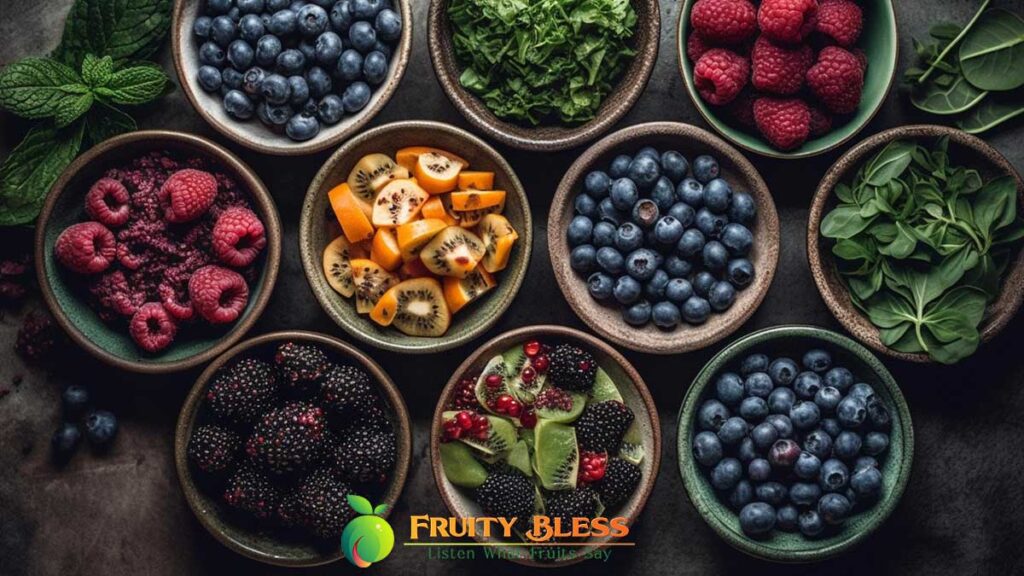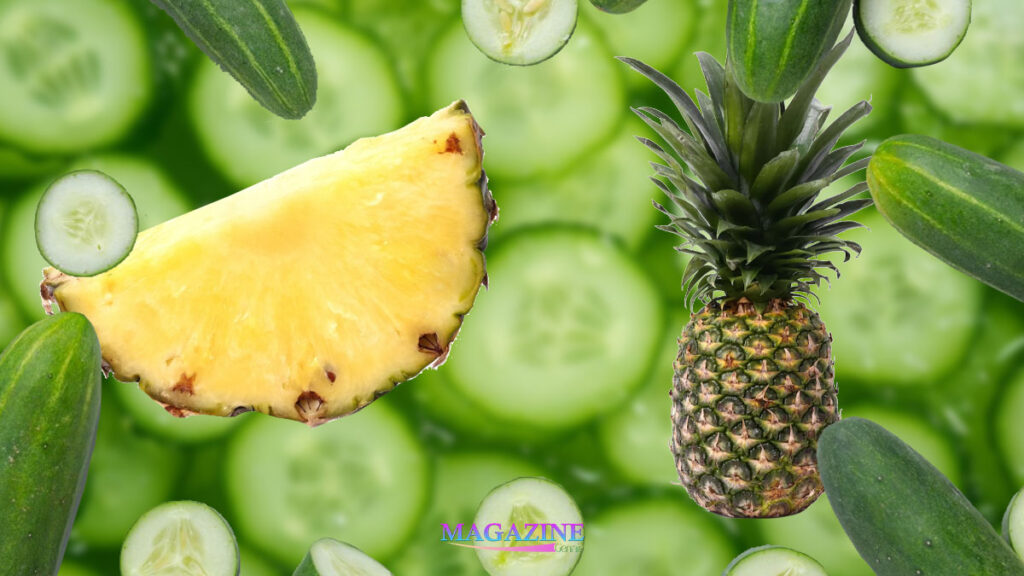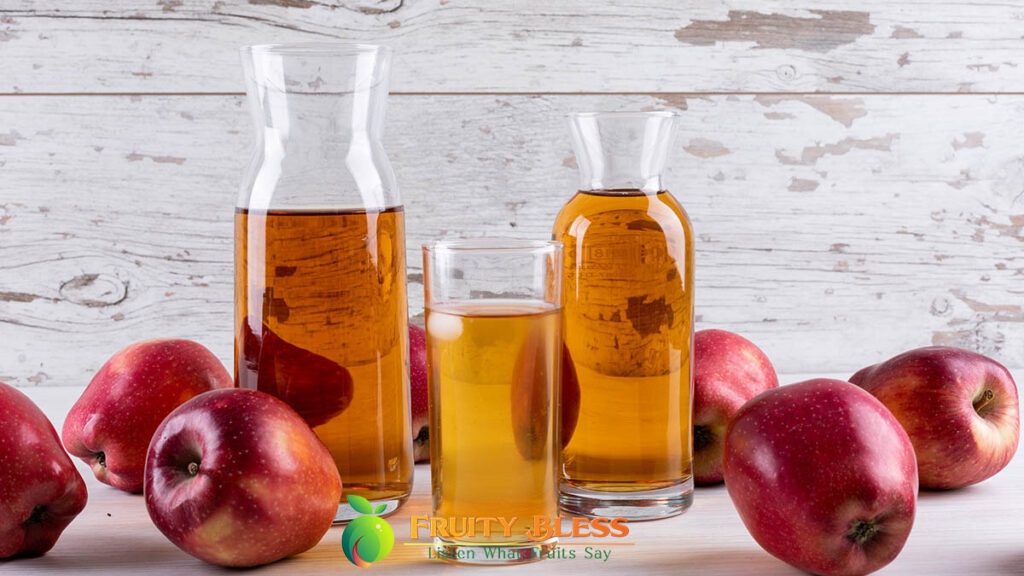Fiber is an essential nutrient that plays a crucial role in maintaining a healthy digestive system. It is a type of carbohydrate that cannot be broken down by the human body, and therefore, it moves through the digestive tract intact, helping to regulate bowel movements and prevent constipation. Fruits are an excellent source of fiber, and incorporating them into your diet can help you meet your daily fiber requirements.
Table of Contents
The daily fiber requirements for optimal health are as follows: Adults Under 50 – 38 grams for men – 28 grams for women Adults Over 50 – 30 grams for men – 21 grams for women Kids Ages 3 to 18* According to the American Dietetic Association (ADA), the amount of necessary fiber per day for children should be calculated as follows: Age of Child + 5. For example, a four-year-old should eat at least 9 grams of fiber per day. Currently, there are no specific recommendations for children under the age of 3.
High Fiber Fruits

The following list includes some of the best fruits for fiber:
- Oranges – Eating one medium-sized orange provides you with about 3 grams of fiber. Oranges are also an excellent source of Vitamin C, which helps promote a robust immune system, and promotes more collagen and elastin growth, which keeps your skin looking youthful and wrinkle-free.
- Apples – The average apple contains 4.4 grams of dietary fiber. Apples are also packed with additional nutrients such as Vitamins K, C, A, E, B1, B2, and B6, manganese, and copper.
- Blackberries – Luscious, deep blackberries blended with sweet plums create an intensely satisfying smoothie experience. Blackberries offer immune-boosting vitamin C and plums provide fiber for digestion.
- Strawberries – Strawberries offer manganese and immune-boosting polyphenols. Blend up this duo for the perfect post-workout recovery beverage.
- Peaches – Peaches contain zeaxanthin and vitamin C. Pineapple offers manganese and bromelain enzymes. Together they create a sunny, satisfying smoothie.
- Bananas – Creamy, ripe bananas provide filling fiber and potassium. Banana and berries make for an adaptable base you can customize further with nut butters, oats, or leafy greens.
- Mangoes – Mangoes provide a rich, creamy texture and are packed with vitamins A and C.
- Pears – Pears are a great source of fiber, with one medium pear providing about 5.5 grams of fiber.
- Raspberries – Raspberries are one of the best fruits for fiber, with one cup providing about 8 grams of fiber.
- Avocados – Avocados are a unique fruit because they are high in healthy fats and fiber. One medium avocado provides about 10 grams of fiber.
You can read also : 8 Benefits of Dragon Fruit and Side Effects
Incorporating Fruits with Fiber into Your DietThere are many ways to incorporate fruits with fiber into your diet. Here are a few ideas:
- Add sliced fruit to your breakfast cereal or oatmeal.
- Pack fruit as a snack to take on the go.
- Make a smoothie with high-fiber fruits such as bananas, berries, and mangoes.
- Add fruit to your salads for added flavor and nutrition.
- Try incorporating dried fruits such as raisins, apricots, and dates into your meals for added fiber.
Beyond the Basics: Additional Fiber-Rich Fruits
The list above highlights some of the fruits with the highest fiber content, but many other options offer a valuable fiber contribution to your diet. Here are a few more to consider:
- Apples (especially with the skin)
- Plums
- Peaches
- Persimmons
- Kiwifruit
- Pomegranate seeds
Reap the Rewards: Why Fiber Matters
Fiber is a type of carbohydrate that our bodies can’t fully digest. Despite this, it plays a vital role in our digestive health. Here’s how incorporating more fiber-rich fruits into your diet can benefit you:
- Smooth Digestion: Fiber helps regulate digestion by adding bulk to stool and promoting its passage through the intestines. This can help prevent constipation and keep your digestive system running smoothly.
- Feeling Full: Fiber can help you feel fuller for longer, which can be beneficial for weight management by curbing cravings and reducing overall calorie intake.
- Heart Health Hero: Studies suggest that fiber may help lower LDL (“bad”) cholesterol levels, thereby contributing to heart health.
- Blood Sugar Control: Fiber can help regulate blood sugar levels by slowing down the absorption of sugar into the bloodstream. This can be especially helpful for people with diabetes or prediabetes.
How to Make the Most of Fiber-Rich Fruits
There are many delicious ways to incorporate fiber-rich fruits into your diet. Here are some ideas:
- Start Your Day Right: Enjoy a cup of berries with yogurt or oatmeal for a fiber-filled breakfast.
- Snack Attack Savior: Keep a bowl of chopped fruits like apples, pears, or oranges handy for a satisfying and fiber-rich snack.
- Salad Sensations: Add sliced fruits like kiwi, figs, or pomegranate seeds to your salad for a burst of flavor and fiber.
- Smoothie Powerhouse: Blend your favorite fruits with yogurt or milk for a nutritious and fiber-rich smoothie.
- Baked Goodies with Benefits: Incorporate fruits like applesauce or mashed bananas into muffins, breads, or pancakes for a fiber boost to your baked goods.
Conclusion
Fruits with fiber are an essential part of a healthy diet. They help promote a healthy digestive system, prevent constipation, and provide a wide range of essential nutrients. By incorporating high-fiber fruits into your diet, you can help meet your daily fiber requirements and improve your overall health.


